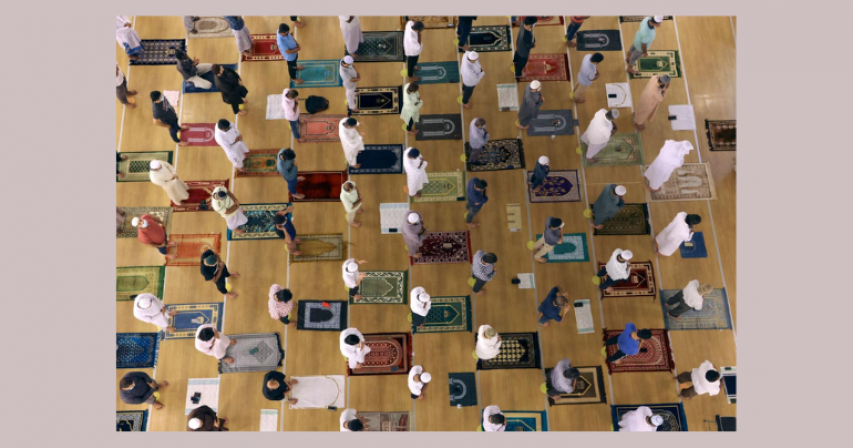The Last 10 Days of Ramadan: Embracing the Spiritual Journey of Qiyam al-Layl

As the holy month of Ramadan progresses, Muslims around the world eagerly anticipate the arrival of the last 10 days, a period of heightened spiritual significance. Among the various acts of worship observed during this time, one practice holds a special place in the hearts of believers – Qiyam al-Layl, or the late-night prayers.
For many, including Mohammed Otoom, a Jordanian resident of Sharjah, the last 10 nights of Ramadan offer a unique opportunity for spiritual rejuvenation and connection with Allah. Qiyam al-Layl, also known as 'standing during the night,' involves dedicating oneself to prayer and remembrance of Allah during the late hours, between the Isha and Fajr prayers.
The significance of Qiyam al-Layl transcends mere ritualistic observance; it represents a deeply personal journey towards spiritual purification and closeness to the divine. As Otoom reflects on his own experience, he describes feeling an unparalleled sense of peace and intimacy with Allah during these sacred nights.
"For me, the last 10 days of Ramadan are incredibly auspicious," says Otoom. "Engaging in these nocturnal prayers has been nothing short of a spiritual revelation. I have witnessed a massive shift in my life – a sense of peace and contentment that I get during every moment."
Despite the challenges of managing professional responsibilities alongside the demands of late-night prayers, many devout Muslims, like Mohammed Saleh Al Hashmi, prioritize their spiritual well-being during this sacred time. Al Hashmi, a businessman based in Dubai, attests to the transformative power of Qiyam al-Layl, emphasizing its irreplaceable role in seeking forgiveness and spiritual elevation.
"These prayers are unparalleled," says Al Hashmi. "The closeness that you feel between you and the lord, the cries, begging to forgive all your sins cannot be compared to other times. It is like the whole community is repenting for forgiveness and ease in the hereafter."
To accommodate the rigorous schedule of late-night prayers, individuals like Syed Ameen SM, employed in the telecom industry, utilize compensatory leave to fully immerse themselves in worship during the last 10 days of Ramadan. Ameen emphasizes the importance of dedicating oneself to spiritual healing and growth, viewing it as an essential aspect of his annual Ramadan observance.
The spiritual significance of Qiyam al-Layl extends beyond individual practice to encompass communal benefits and blessings. Sheikh Ayaz Housee, an imam and Khateeb, underscores the direct communication with Allah that occurs during these special prayers, highlighting the opportunity for spiritual nourishment and self-reflection.
As believers embark on this spiritual journey of Qiyam al-Layl, they are guided by key pieces of advice from scholars like Dr. Abdul Hameed. Emphasizing the importance of intention, discipline, and spiritual devotion, Dr. Hameed encourages believers to approach the late-night prayers with sincerity and determination.
Ultimately, the last 10 days of Ramadan and the practice of Qiyam al-Layl serve as a testament to the enduring faith and devotion of Muslims worldwide. As believers engage in acts of worship and reflection during this sacred time, they seek Allah's mercy, forgiveness, and guidance, renewing their commitment to spiritual growth and righteousness.
By: Sahiba Suri





Comments